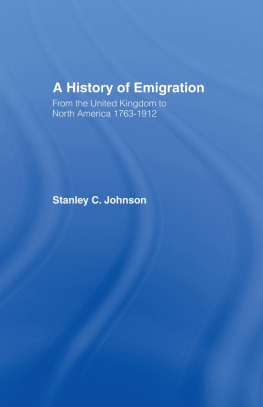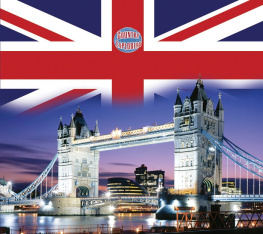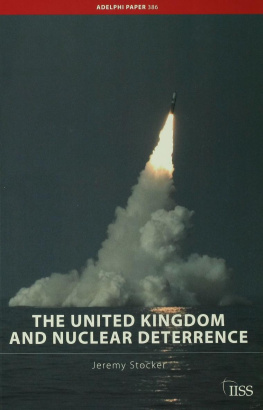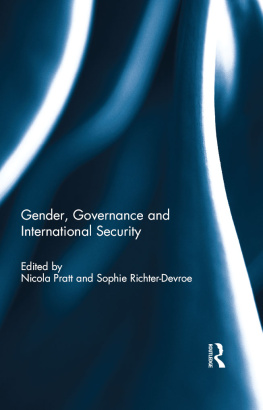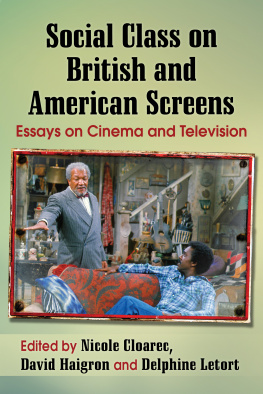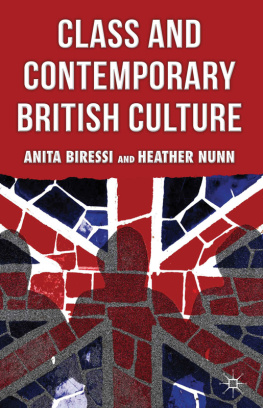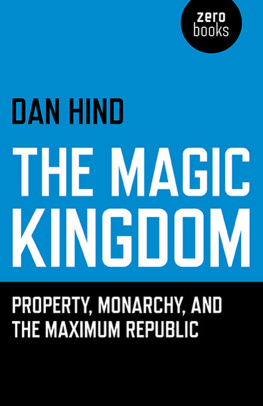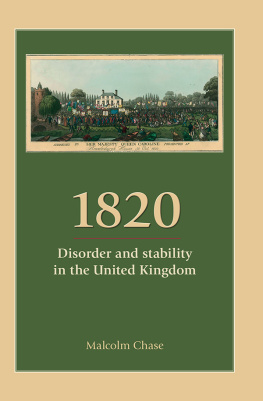Routledge Revivals
United Kingdom?
First published in 1989, United Kingdom? examines the three main divisions in British society in the post-war period: class, race and gender. During the 1980s there was an increasing concern about deep, and often bitter, divisions in British society. Events such as the miners strike of 19845, the riots in Handsworth, Tottenham and Brixton, and the womens peace camp at Greenham Common all demonstrated the opposing views and cultures of the British public. However, the UK at the time was also able to show remarkable and continuing stability in other areas.
This book considers to what extent the United Kingdom really was a kingdom united from the post-war period to the late 1980s. It focuses on issues of cohesion and conflict and debates the security of essential social stability.
First published in 1989
by Unwin Hyman Ltd
This edition first published in 2013 by Routledge
2 Park Square, Milton Park, Abingdon, Oxon, OX14 4RN
Simultaneously published in the USA and Canada
by Routledge
711 Third Avenue, New York, NY 10017
Routledge is an imprint of the Taylor & Francis Group, an informa business
1989 E. Cashmore
All rights reserved. No part of this book may be reprinted or reproduced or utilised in any form or by any electronic, mechanical, or other means, now known or hereafter invented, including photocopying and recording, or in any information storage or retrieval system, without permission in writing from the publishers.
Publishers Note
The publisher has gone to great lengths to ensure the quality of this reprint but points out that some imperfections in the original copies may be apparent.
Disclaimer
The publisher has made every effort to trace copyright holders and welcomes correspondence from those they have been unable to contact.
A Library of Congress record exists under ISBN: 88019733
ISBN 13: 978-0-415-66184-3 (hbk)
ISBN 13: 978-0-203-07190-8 (ebk)
A cake to fight over
Is the United Kingdom a kingdom united? It is often difficult to decide when images of flaming buildings, violent street assemblies and baton-wielding police officers fiercely clashing with all manner of antagonists come stampeding across our television screens. Far from being united, the images depict modern Britain as a deeply divided society split by conflict and challenge. The main divisions have been evident in a number of events, although one stands out memorably: the Grunwick dispute of 1976, when the misfortunes of a group of workers, mostly Asian women, came into prominence. This was an isolated conflict, but one reflecting broader themes. Exploited by a recalcitrant small-scale employer who refused to recognize their claims to unionize, the Grunwick strikers stood defiantly outside the companys factory gates for over eighteen months. At times, they withstood a battering from the police and eventually they were snubbed by the unions. The chief players in the drama were working class, female and Asian yet it was never clear in what order of allegiance. They defended their rights robustly as workers, but also as members of groups the white working class had ridiculed and despised: women and ethnic minorities. Grunwick (which is covered in more detail in formed a backdrop against which the unity often attributed to the UK has looked embarrassingly misplaced.
The UK has an electoral system that produces governments representing only a minority of the electorate. It has a political party said to be a vehicle for working-class interests, yet consistently failing to command support from that class. It has, at a conservative estimate, three million people without work or engaged in some ersatz employment, like training schemes. It has large sections of its ethnic minority population feeling so thoroughly disengaged from mainstream society that they are prepared to take to the streets violently in efforts to make their grievances known. It has women insisting that the anti-discriminatory legislation of the mid-1970s has not helped them achieve parity in any measurable sense. It has had over two decades of constant internecine violence in Northern Ireland. Unless these are to be dismissed as imaginary conflicts, Britain surely cannot, in any meaningful way, be described as a unified nation.
Or can it? When all is said and done, the UK has proved to be a remarkably stable society compared to many other European and Western nations. It has experienced disruptions, some of great severity, yet its balance of power has remained basically unmoved, its political and economic structure has been maintained intact, its central social institutions have remained as solid as monuments, and, perhaps most crucially, its basic inequalities have not only endured but been renewed. Inequality has, especially since 1980, been validated as something necessary to a societys health and growth.
This condition is not the product of apathy. Over the past forty or more years, the UK has become highly politicized, although in a way few people expected. There has probably been more involvement in the general political process since the war than at any time in the last two hundred years-involvement not on one dominant issue, such as national class conflict, but on many different community issues at all levels of society. This might have led to unity, in the sense of bringing together various groups, strengthening their political ties and cementing their allegiance to a common sovereignty, its rules, laws and values. Or it could have worked itself out in the form of separatist tendencies. In the UK it has been both: cohesion and cleavage. This combination of cohesion and cleavage has made a society powerfully united, yet split by the demands of conflicting interest groups. People clash and oppose each other in their attempts to grab their share of whatever resources are available the cake. This is but one level of conflict. At another level, writes Peter Worsley, they recognize a common interest: in keeping the system going so that there will be some cake to fight over (1970, p. 321).
Cleavages in Britain or, for that matter, any society derive from one source: inequality. Where there are grossly uneven distributions of power and discrepancies in access to resources, like money and housing, there are bound to be lines of social cleavage. Society divides into identifiable groups, some of which have an interest in lessening inequalities, others whose apparent interests are not served if the inequalities are reduced. Given the depth of the ravines within modern society and the trends that militate against their closing up, one might wonder why the conflicts they have triggered have not torn British society apart. One might also wonder if they will tear it apart in the future. The answer to the second question is implicit in the answer to the first: simply stated, the nature of British society is such that the conflicts have been allowed to surface. If they continue to surface and are not denied, suppressed, or diverted into other channels, then they will not be destructive of unity or lead to a disintegration of the overall structure of UK society. When conflict, in the form of protest, opposition, or open challenge, is bottled up, then positions harden and the groups pressing for change can lose faith in the ability of the system to absorb their claims.


